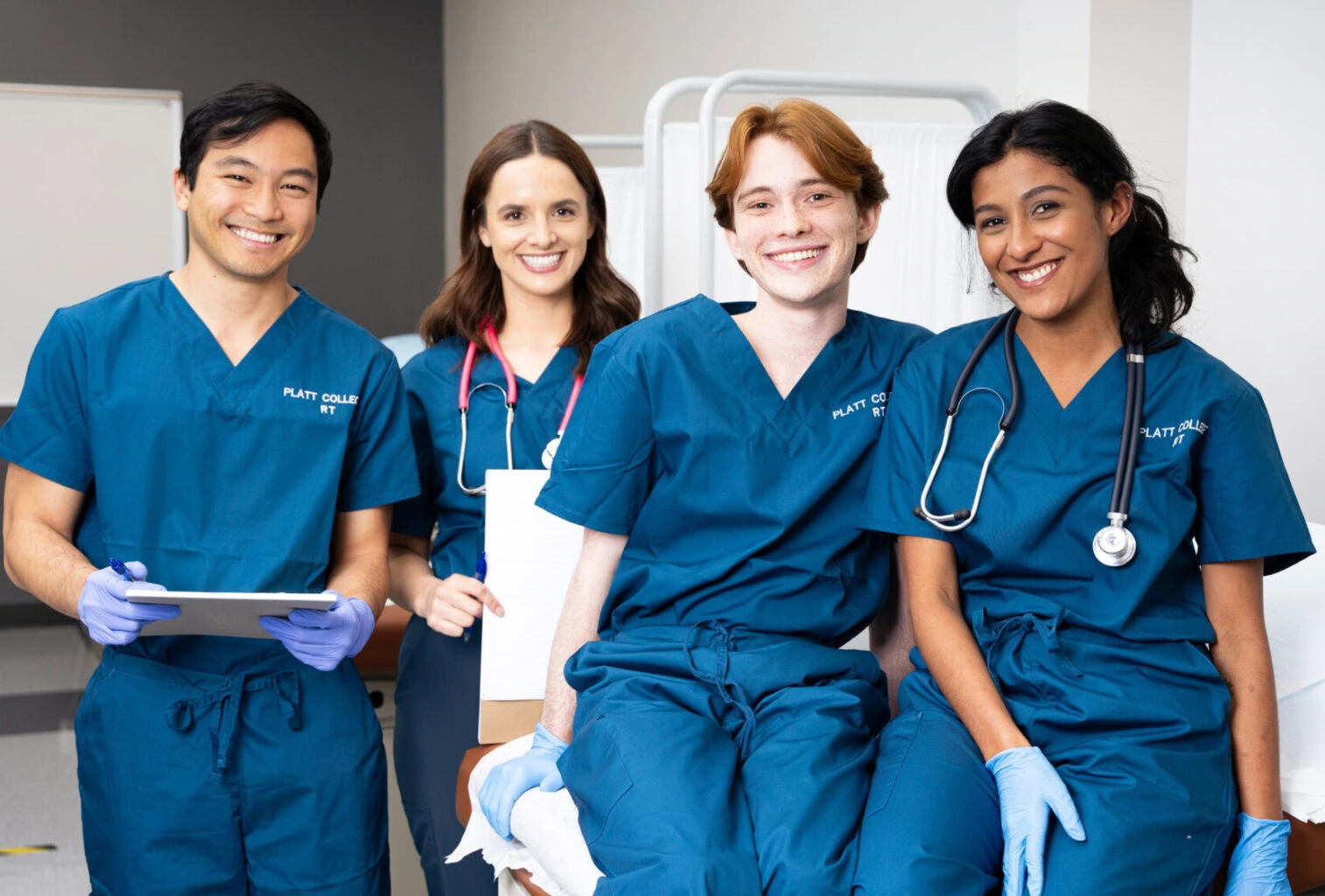
Respiratory Therapy
Earn your Associate Degree
in Respiratory Therapy in just 20-months!
Platt College’s Respiratory Therapy program prepares graduates to pursue careers in Respiratory Therapy, a dynamic specialty area in the rapidly-expanding health care field.
- Accredited by Commission on Accreditation for Respiratory Care (CoARC)
- Hands-on learning and clinical experience
- Convenient class schedules
- Full-time on-site career services
- Financial aid is available to qualified students
- Available at the Alhambra and Ontario campuses
- Preparation and eligibility for the Certified Respiratory Therapist CRT and the Registered Respiratory Therapist RRT examinations
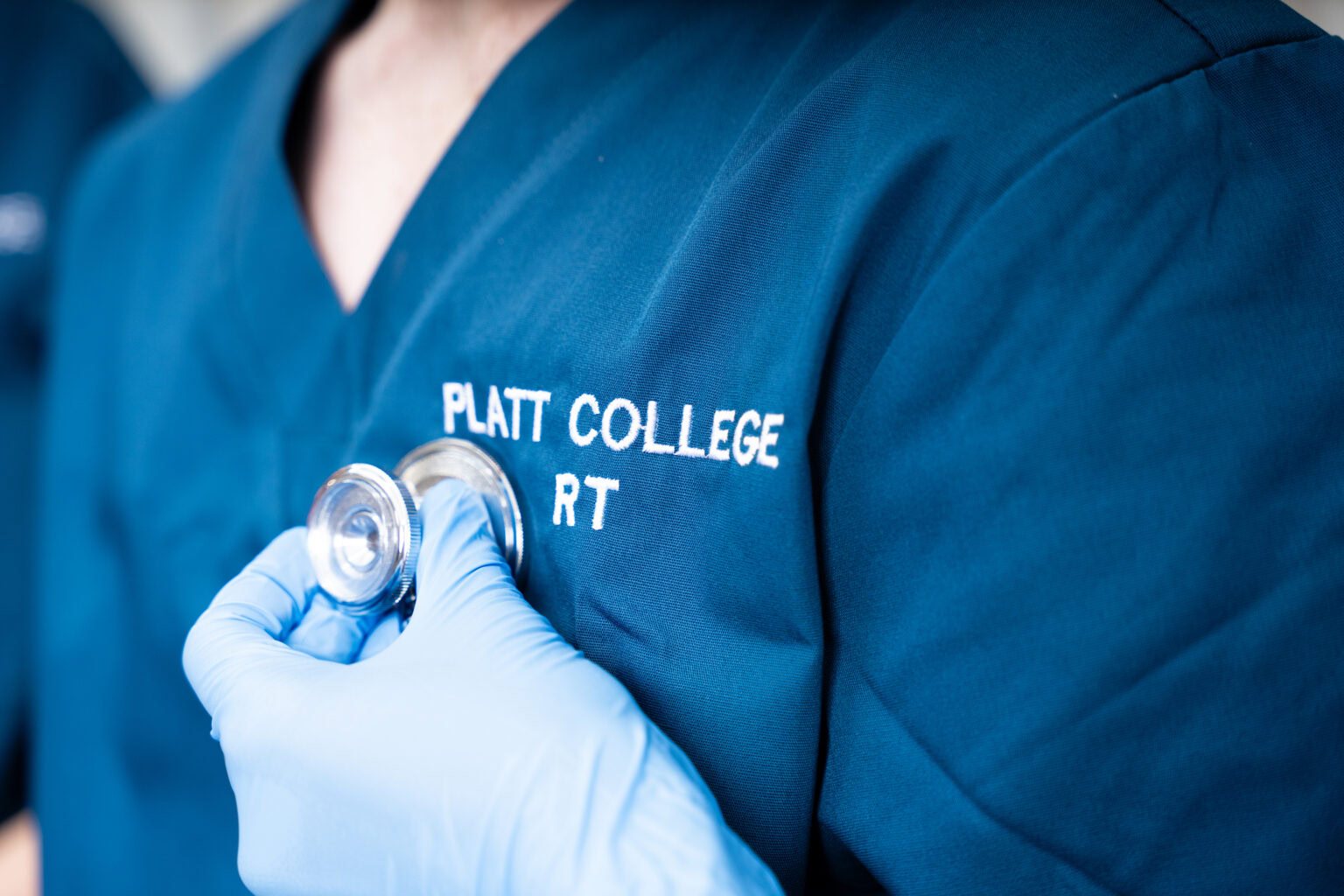
Overview & Accreditation
Platt College’s Respiratory Therapy program prepares graduates to pursue careers in Respiratory Therapy, a dynamic specialty area in the rapidly-expanding health care field.
Respiratory Therapists (RTs) typically work in health care settings such as clinics and hospitals. Daily job activities might include:
- Assisting physicians in diagnosing, treating, and managing patients with cardio-pulmonary deficiencies and abnormalities
Measuring critical lung functions
Monitoring heart functions
Treating newborns, trauma victims, drowning victims, and patients suffering from asthma, bronchitis, coronary heart disease, emphysema, and pneumonia
Program offered at the following campuses: Alhambra, Ontario
GRADUATION FROM THE PROGRAM DOES NOT GUARANTEE ENTRY INTO ANY CAREER. ADDITIONAL REQUIREMENTS MAY APPLY DEPENDING ON AN INDIVIDUAL’S PREVIOUS EDUCATION AND WORK EXPERIENCE.
Respiratory Care Associate’s degree programs are available at Platt’s Alhambra and Ontario campuses, and are accredited by the Commission on Accreditation of Respiratory Care (CoARC).
Upon successful completion of foundational coursework and a clinical externship, graduates of the program are awarded an Associate of Science degree in Respiratory Therapy and are eligible to take entry level (CRT) and if qualified then advanced level (RRT) credentialing exams through the National Board for Respiratory Care.
For more information click here http://www.coarc.com
Platt College Los Angeles LLC is accredited by the Accrediting Commission of Career Schools and Colleges (ACCSC). For more information, click HERE
Schedule & Campuses Offered
Earn your Associate Degree as a Respiratory Therapist in as little as 20-months!
Start times for each RT cohort vary by campus, contact us for details HERE
Program offered at:
Financial Aid
Platt College is committed to providing the information and resources necessary to help every student achieve educational success. Types of financial aid available for qualified students include:
- Federal Grants, including Pell Grant, Federal Supplemental Educational Opportunity Grant (FSEOG), and Federal Work Study (FWS)
- California State Grant Programs, including Cal Grants and California Chafee Grant for Foster Youth
- Federal Direct loans
- Private Loans & Scholarships
To learn more, click here: http://u68.9b7.myftpupload.com/financial-aid/
Career Services
Platt College maintains an active career services department to assist graduates as well as current students seeking part-time or full-time jobs while attending school. However, the school cannot guarantee employment.
Students are given the opportunity to pursue job referrals maintained by Career Services.
Our Career Services personnel explain and assist with our student’s job search process. Placement efforts occur through graduation and beyond.
Career Services aims to build the job acquiring skills of our students through interviews and workshops in the following areas:
- Career planning
- Resume and cover letter writing
- Completing applications
- Researching and contacting potential employers
Additional Program Information
CoARC Accreditation
Platt College’s Respiratory Therapy Programs meet the accreditation standards of Commission on Accreditation for Respiratory Care (CoARC) and has received Continuing Accreditation according to the CoARC procedures for accreditation (Ontario Program number 200588, Alhambra Program Number 200596).
“CoARC accredits respiratory therapy education programs in the United States. To achieve this end, it utilizes an ‘outcomes based’ process. Programmatic outcomes are performance indicators that reflect the extent to which the educational goals of the program are achieved and by which program effectiveness is documented.”
The knowledge, skills and physical abilities required to safely and efficiently practice respiratory care is complex.
Program Goal: “To prepare graduates with demonstrated competence in the cognitive (knowledge), psychomotor (skills), and affective (behavior) learning domains of respiratory care practice as performed by registered respiratory therapists (RRTs). We ask that you review these standards when making your decision to become a Respiratory Care Practitioner.
For more information click here http://www.coarc.com
“The Respiratory Therapy Program meets the accreditation standards of Commission on Accreditation for Respiratory Care (CoARC) and has received Continuing Accreditation according to the CoARC procedures for accreditation.”
Commission on Accreditation for Respiratory Care
264 Precision Boulevard
Telford, TN 37690
(817) 283-2835
www.coarc.com
The CoARC’s outcomes webpage https://coarc.com/students/programmatic-outcomes-data/
Our Other Programs
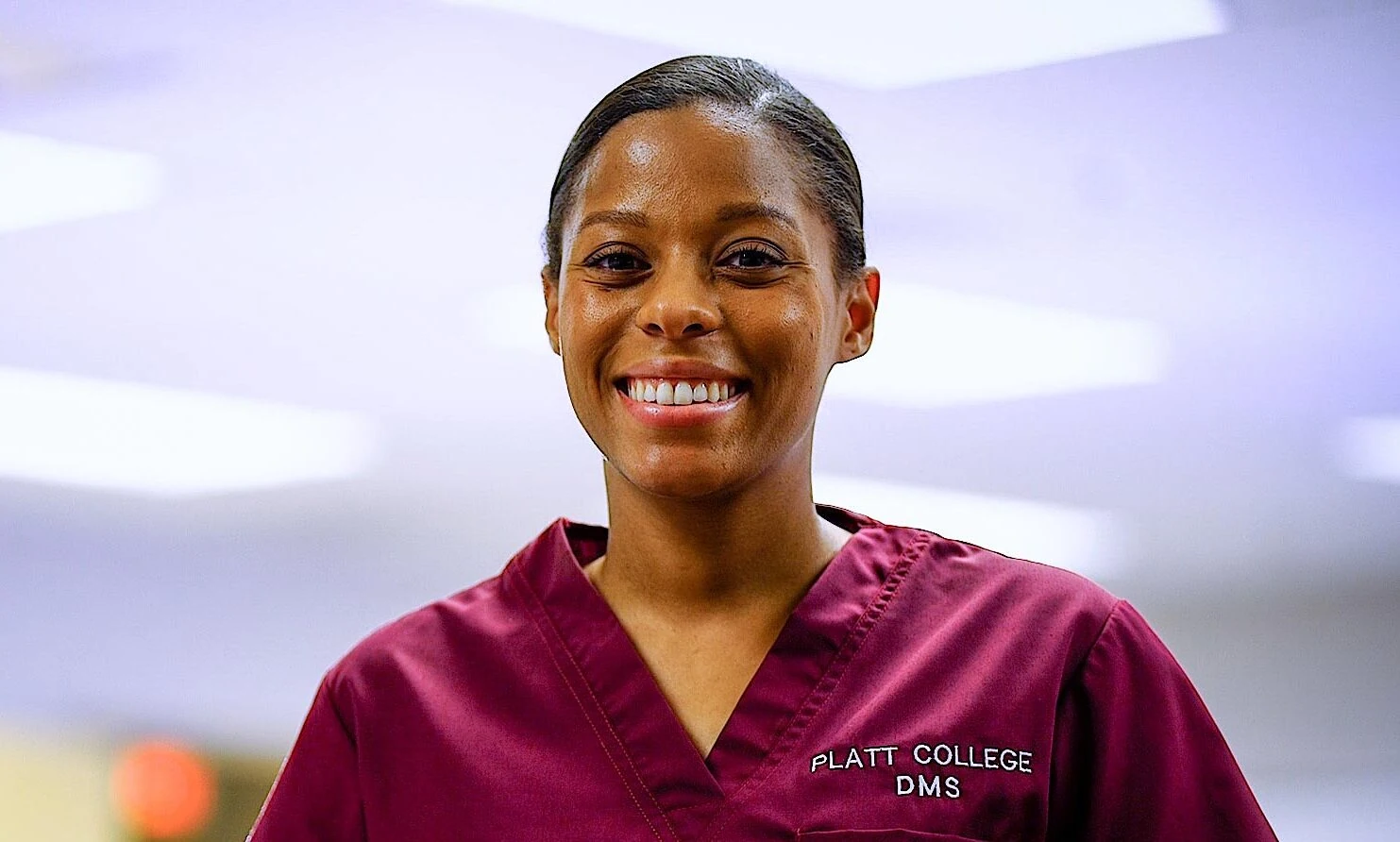
Diagnostic Medical
Sonography (Ultrasound)
Earn your Associate’s Degree in as little as 18-months or your Bachelor’s Degree in as little as 27-months!
Learn More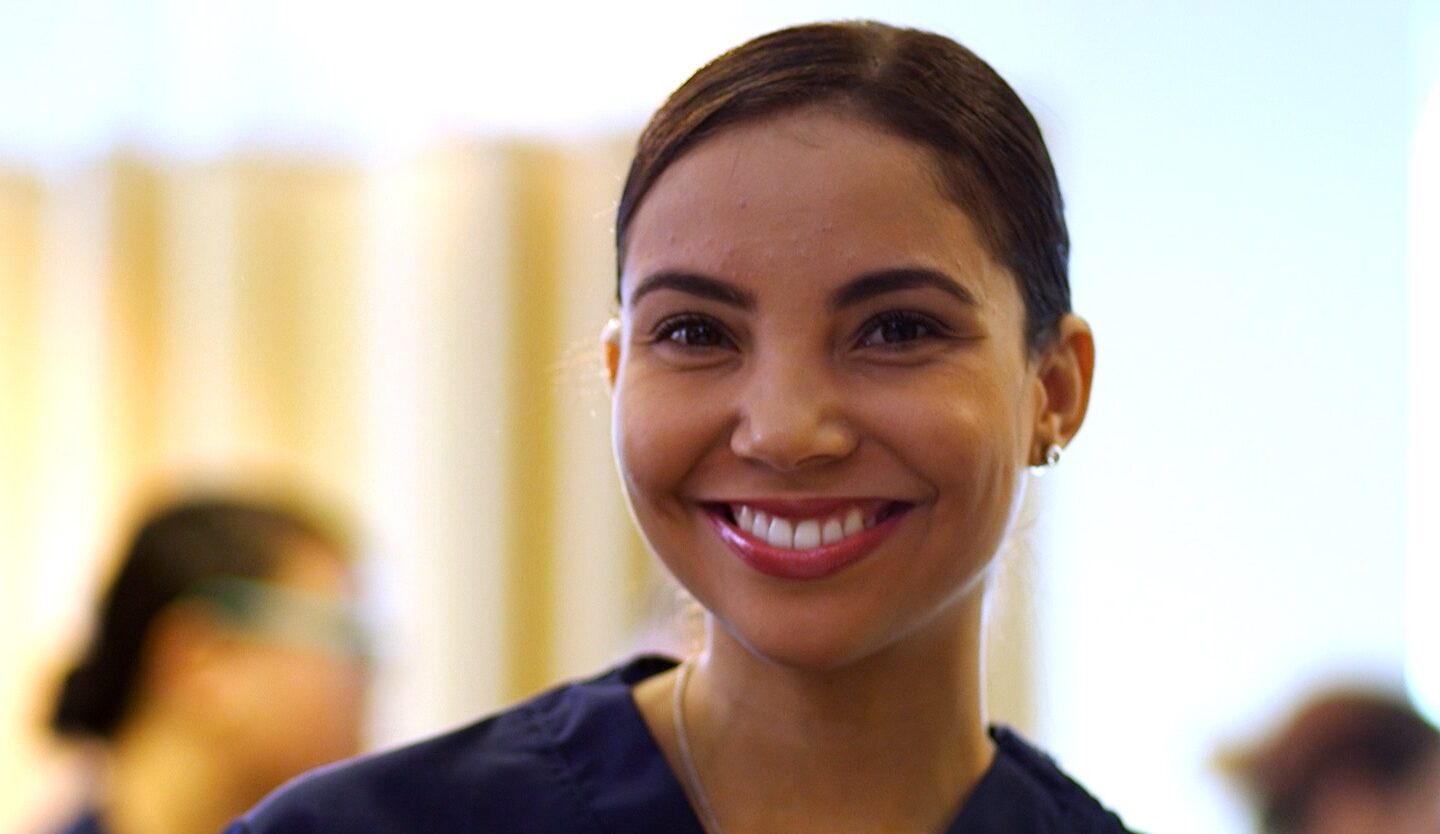
Medical Assisting
Hybrid Program
Earn your Associate’s Degree in Medical Assisting in as little as 15 months! Platt College’s Medical Assisting program prepares graduates…
Learn More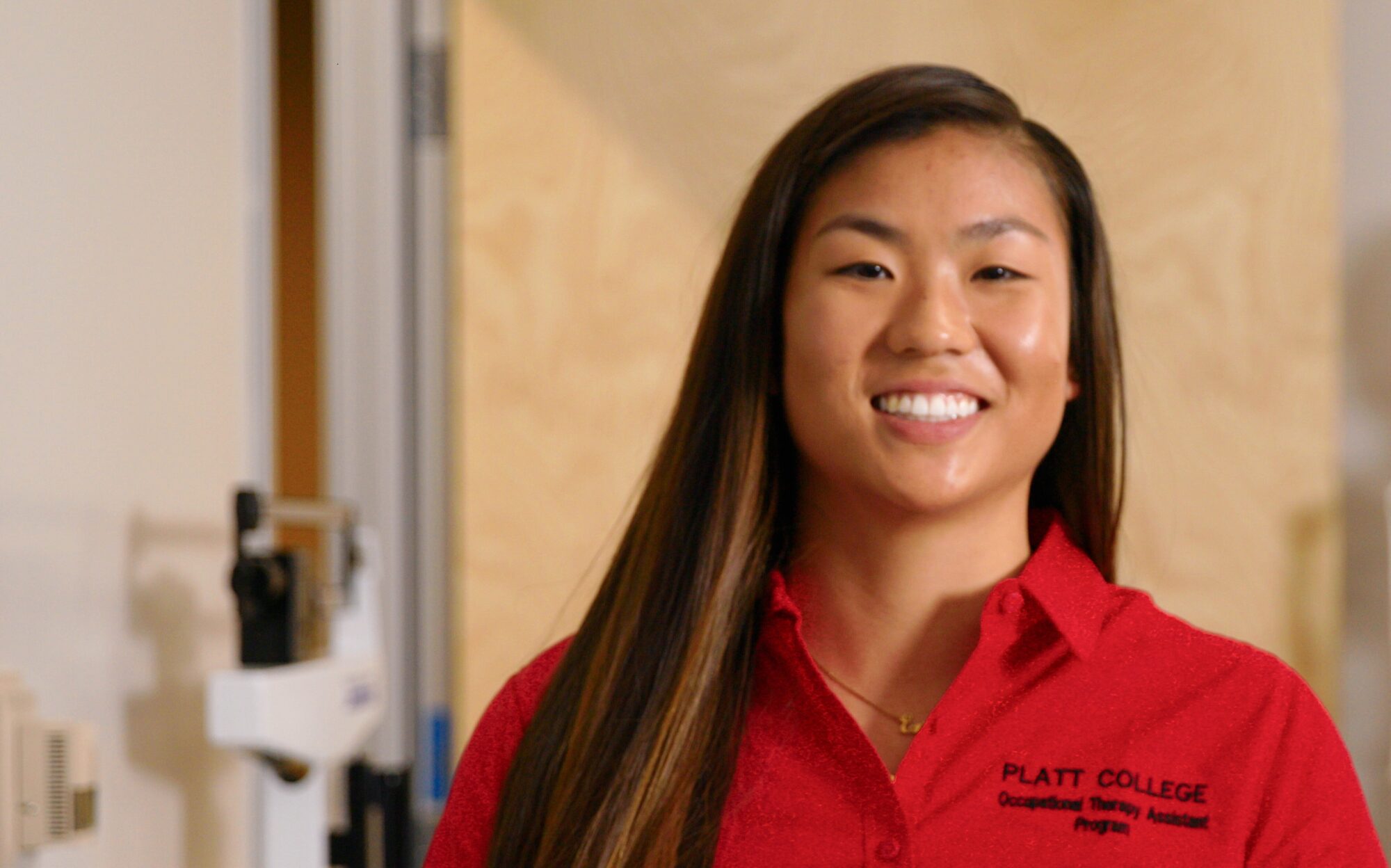
Occupational Therapy Assistant
Earn your Associate Degree in as little as 20-months! Platt College’s Occupational Therapy Assistant Program is designed to prepare students…
Learn More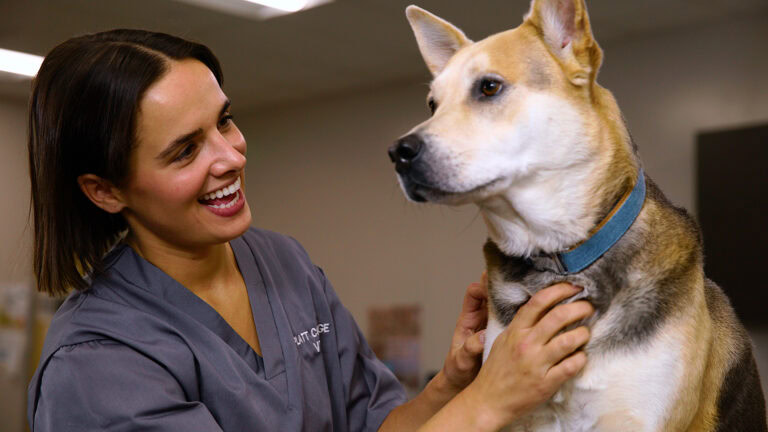
Veterinary Technology
Earn your Associate’s Degree in Veterinary Technology in as little as 19-months!
Learn More